Upgrade to the latest version of Portworx Enterprise for continued support. Documentation for the latest version of Portworx Enterprise can be found here.
Migration with Stork on GKE
Pairing with a GKE cluster requires the following additional steps because you also need to pass in your Google Cloud credentials which will be used to generate access tokens.
Create a service account
Use the guide from Google Cloud to generate a service-account key and save it as gcs-key.json. You can also create this using the following command:
gcloud iam service-accounts keys create gcs-key.json --iam-account <your_iam_account>Create a Secret from the service-account key
On the source cluster, create a secret in kube-system namespace with the service account JSON file created in the previous step:
kubectl create secret generic --from-file=gcs-key.json -n kube-system gke-credssecret/gke-creds createdPass the Secret to Stork
When Stork is deployed through the Operator
The credentials created in the previous step need to be provided to Stork. When deployed through Portworx Operator, add the following to the stork section of the StorageCluster spec:
stork:
enabled: true
volumes:
- name: gke-creds
mountPath: /root/.gke/gcs-key.json
readOnly: true
secret:
secretName: gke-creds
env:
- name: CLOUDSDK_AUTH_CREDENTIAL_FILE_OVERRIDE
value: /root/.gke/gcs-key.jsonWhen Stork is deployed using the Portworx DaemonSet model
Mount the secret created above in the Stork deployment by performing the following steps.
Run the following command to make updates:
kubectl edit deployment -n kube-system storkAdd the following under
spec.template.spec:volumes: - name: gke-creds secret: secretName: gke-credsAdd the following under
spec.template.spec.containers:volumeMounts: - mountPath: /root/.gke/ name: gke-creds readOnly: trueAdd the following under
spec.template.spec.containers:env: - name: CLOUDSDK_AUTH_CREDENTIAL_FILE_OVERRIDE value: /root/.gke/gcs-key.jsonSave the changes and wait for all the Stork pods to be in running state after applying the changes:
kubectl get pods -n kube-system -l name=stork
Update ClusterRoleBinding
Create a clusterrolebinding to give your account the cluster-admin role:
kubectl create clusterrolebinding stork-cluster-admin-binding --clusterrole=cluster-admin --user=<your_iam_account>